TRUSTED BY 50+ INSTITUTIONS & CORPORATIONS
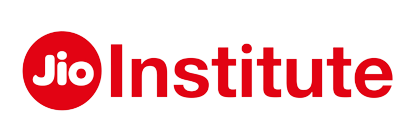
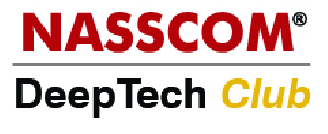
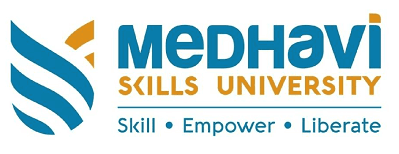
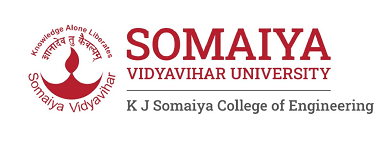
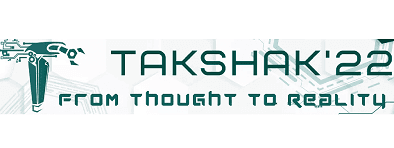

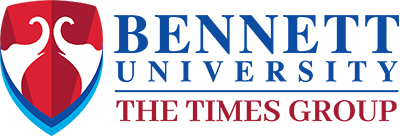

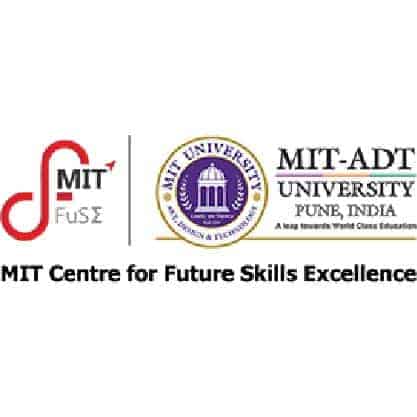


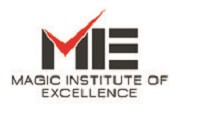

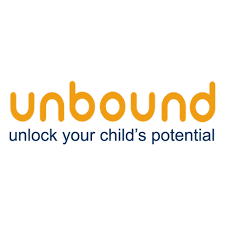

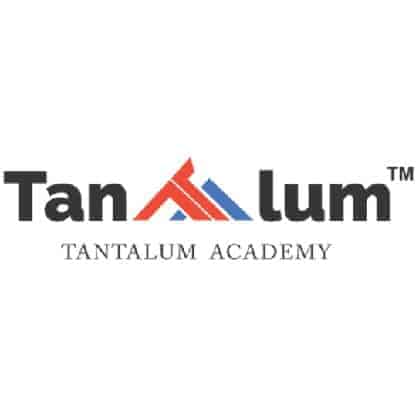



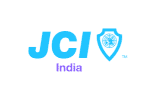
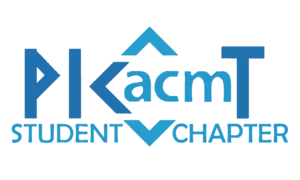
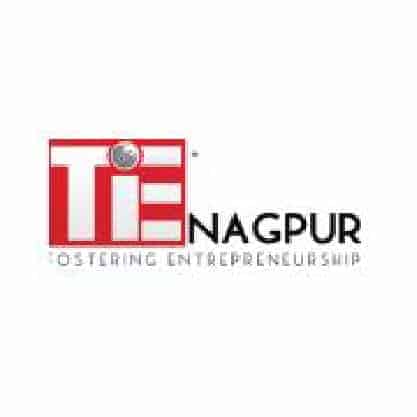




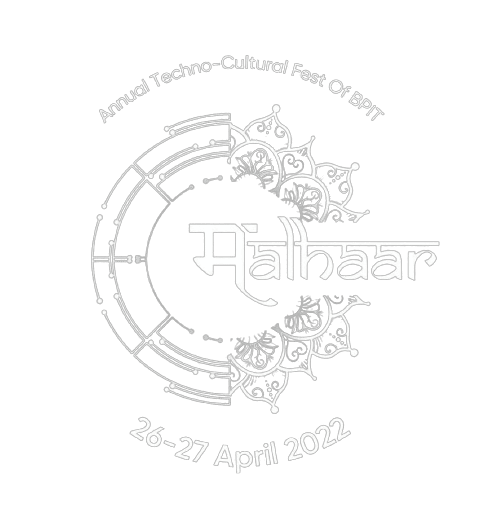

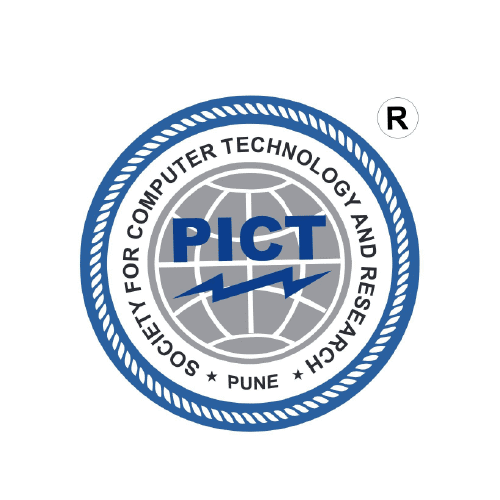




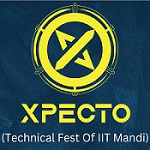
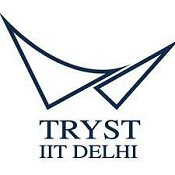
Makes the life of your students easy.
One of the most unique features of TruScholar is the credential wallet that your students get. They can securely store all their records, access them digitally when required, and share it only to those who they authorize.
To Delete Your Wallet Accounts




































A credential is a certificate of recognition for a skill or knowledge or experience you have gained. Your school, college, and university certificates are considered as credentials. Credentials can also be government issued identities such as Aadhar card, voter id, pan card etc.
Digital certificates are digitally secured and encrypted versions of certificates.
Because they reduce hassle and expenses, they are globally available, they are better than physical credentials, and they are 100% secure.
It removes the need for paper based credentials, provides permanent security, provides life-long proof of ownership, eradicates fake credentials, facilitates cost-effective large storage of files, enables online learning platforms and establishes integrity of credentials.
Open Badge is the world’s leading format and standard for digital badges. It provides the guidelines to the creation of digital badges and certificates in compliance with privacy measures.
Digital certificates and badges improve the process of recognizing a learner’s skills by making it faster, secure, and universally available.
Digital micro-credentials for students are digital badges or certificates that validate the acquisition of specific skills or competencies. Micro-credentials in higher education provide a concise and verifiable way of showcasing one’s expertise in a particular area. (already exist)
Academic badges are digital credentials that recognize and validate an individual’s achievements and skills in specific academic areas. They function as visual representations of accomplishments and can be displayed on online platforms. These badges contain metadata, including issuer information, criteria for earning the badge, and evidence of the achievement, providing a portable and verifiable way to showcase one’s expertise.
In the future, we can expect to see further integration of digital credentials blockchain technology into digital credential solutions. This may include advancements in identity management, increased cross-platform interoperability, and the development of decentralized applications (dApps) that leverage blockchain for secure and verifiable credentials.
Digital badges offer several benefits in education. They provide a more comprehensive and detailed representation of a learner’s skills and achievements. They can motivate learners by offering clear goals and milestones. They also enable educators and employers to assess specific competencies and recognize achievements that may not be captured by traditional assessment methods.
Digital badges for employees are virtual credentials that recognize and showcase their skills, achievements, and qualifications in various areas, such as professional development, training, or specific competencies.
A digital credential platform typically follows a few key steps. First, individuals or organizations create an account on the platform and provide necessary personal or organizational information. Then, they can upload their digital credentials, such as certificates, degrees, or professional certifications, to the platform. These credentials are usually verified by the issuing institutions or authorities to ensure their authenticity.
Digital credentials, also known as digital badges or digital certificates, are a secure and verifiable way to showcase an individual’s skills, achievements, and credentials online. They provide a portable and tamper-proof record of an individual’s qualifications, making it easier for employers, educational institutions, and other stakeholders to assess their skills and expertise in a digital age
Digital badging platforms are online systems that enable organizations to create, issue, manage, and display digital badges or credentials. These platforms provide a centralized hub for designing visually appealing badges, verifying achievements, and sharing them across various platforms. Digital badge credentials offer a seamless way to recognize and showcase skills, achievements, and credentials in a digital format, enhancing credibility and recognition in today’s digital world.
Digital badges for students work by providing a visual representation of their achievements and skills. These badges are typically earned through specific activities, assessments, or courses. Digital college for students can help display these badges on their digital profiles, portfolios, or resumes to showcase their accomplishments and credentials. Digital badging in higher education offer a tangible way to recognize and validate students’ skills and knowledge in a digital and shareable format.
Micro-credentials in education or digital badges are similar in that they both represent achievements or skills. However, the main difference lies in their scope and depth. Micro-credentials typically involve more comprehensive and rigorous assessments, often resembling mini-certifications. Digital badges in higher education, on the other hand, can be smaller, more granular, and focused on specific accomplishments within a broader skill set.
The main difference between Credly digital credential solutions and Accredible digital credential solutions lies in their features and focus. Credly platform emphasizes its robust integration capabilities, seamless issuer-earner experiences, and extensive badge management features. Accredible digital badges, on the other hand, prioritizes customizable and visually appealing credentials, advanced analytics, and features specifically designed for educational institutions.
There are several alternatives to Credly digital certificates & badges. Some popular options include Accredible digital badges, Badgr digital credentials, Open Badge Factory, certifyme digital credentials, sertifier digital badges. These platforms offer similar features such as badge creation, management, and verification, but each may have unique strengths and pricing models. It’s essential to evaluate the specific needs of your organization before selecting the best alternative.
TruScholar.io stands out as a compelling alternative to Credly for digital credential solutions. It offers a user-friendly platform with robust features, including customizable badge designs, secure blockchain-based verification, and seamless integration options. TruScholar.io prioritizes data privacy and provides an intuitive user experience, making it an excellent choice for organizations seeking reliable and innovative digital credential solutions.